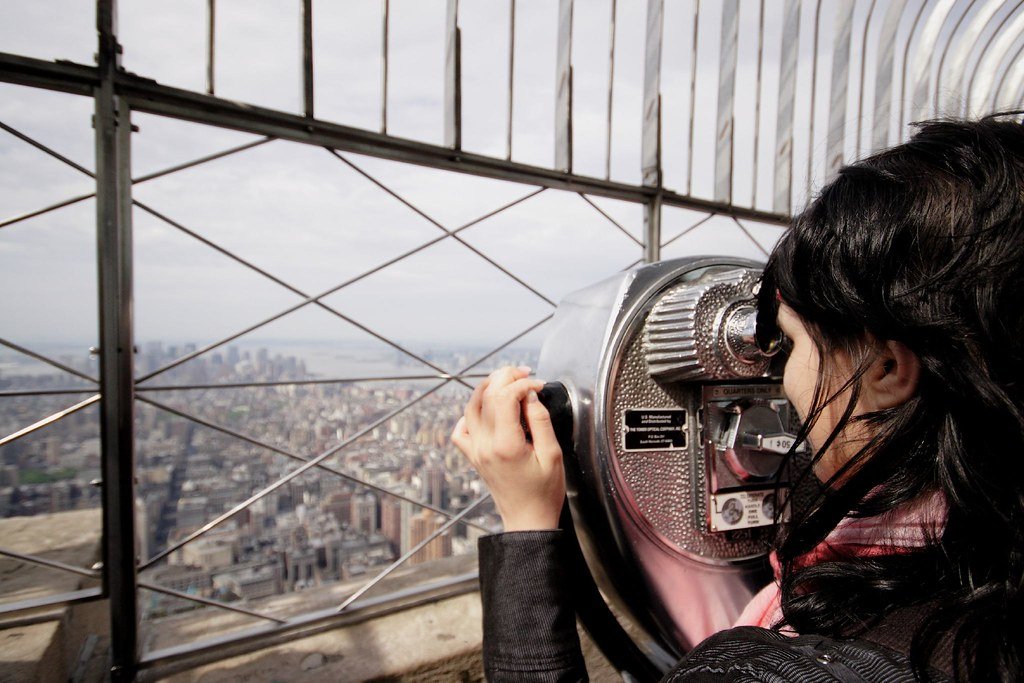Choosing the right photo-sharing platform can significantly impact how you store, share, and showcase your images. Flickr, one of the most recognized names in this space, offers unique features that set it apart from other platforms. This guide compares Flickr with other popular photo-sharing platforms to help you decide which one suits your needs.

1. Storage Capabilities
Flickr: Flickr provides a generous amount of free storage, allowing users to upload up to 1,000 photos or videos. Its focus on high-quality image resolution makes it a favorite among photographers who want to maintain the integrity of their work.
Other Platforms:
- Google Photos: Offers 15 GB of free storage shared across all Google services but compresses photos unless you pay for additional space.
- Instagram: Focuses more on sharing rather than storage, with no specific limits on the number of photos but compresses uploaded images.
- SmugMug: Provides unlimited storage but only through paid plans, making it ideal for professionals who prioritize control over their portfolios.
2. Target Audience
Flickr: Flickr caters to photography enthusiasts, professionals, and hobbyists who value community engagement and detailed photo metadata. It’s an excellent choice for those who want to connect with like-minded individuals.
Other Platforms:
- Instagram: Targets social media users, influencers, and businesses looking to reach broad audiences through visually engaging posts.
- 500px: Attracts professional photographers seeking to showcase their portfolios and sell prints.
- Pinterest: Serves creators and marketers who focus on inspiration, DIY projects, and driving traffic to external websites.
3. Community and Networking
Flickr: Flickr emphasizes community-building, offering groups, discussions, and the ability to comment on and favorite photos. It’s a platform where photographers can gain feedback and learn from others.
Other Platforms:
- Instagram: Provides a massive global audience for networking, but its algorithm-driven feed can make it harder for photographers to gain organic visibility.
- 500px: Features a community ranking system, helping photographers get noticed within the platform’s niche audience.
- DeviantArt: Encourages interaction among creatives, including photographers, illustrators, and digital artists, fostering a multi-disciplinary artistic community.
4. Image Quality
Flickr: Flickr excels in preserving image quality, supporting high-resolution uploads and detailed metadata like EXIF data. This feature is ideal for professionals who require precise image details.
Other Platforms:
- Instagram: Compresses images, prioritizing fast loading over high resolution.
- Google Photos: Offers an option to preserve original quality but compresses images when using free storage.
- SmugMug: Maintains original quality, making it a go-to choice for serious photographers.
5. Monetization Opportunities
Flickr: Flickr allows users to sell their photos through partnerships, though it is not as robust as dedicated marketplaces.
Other Platforms:
- 500px: Offers licensing opportunities, helping photographers earn from their work.
- SmugMug: Supports direct sales, enabling users to create personalized portfolios and sell prints.
- Instagram: Indirectly supports monetization through sponsorships, affiliate marketing, and product promotion.
6. Pricing and Plans
Flickr: Flickr’s free plan is robust for casual users, but the Pro plan ($8.49/month) unlocks unlimited storage, advanced analytics, and ad-free browsing.
Other Platforms:
- Google Photos: Free up to 15 GB, with paid plans starting at $1.99/month for 100 GB.
- SmugMug: Starts at $13/month, offering unlimited storage and portfolio customization.
- 500px: Free plan available, but premium features like licensing require a paid subscription starting at $4.99/month.
7. Versatility and Features
Flickr: Flickr offers robust organizational tools, including albums, tags, and geotagging. It also supports embedding and sharing on external platforms, making it versatile for various purposes.
Other Platforms:
- Instagram: Focuses on engagement through Stories, Reels, and direct messaging but lacks detailed organizational tools.
- Pinterest: Specializes in curating and sharing collections of images rather than showcasing high-quality photos.
- Google Photos: Stands out for its AI-powered search and organization features, perfect for personal photo management.
Conclusion
Flickr remains a top choice for photographers seeking a platform that prioritizes image quality, community engagement, and detailed metadata. While other platforms like Instagram and Google Photos cater to broader audiences, Flickr’s focus on photography enthusiasts and professionals ensures it maintains a niche appeal. Consider your specific needs—whether storage, community, or monetization—to choose the best platform for your photos.











